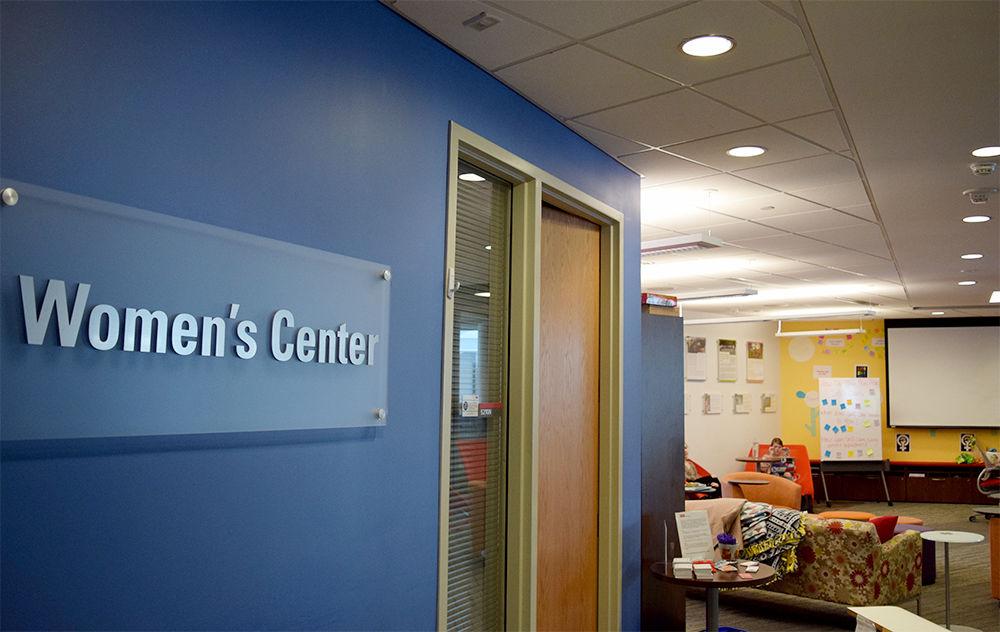On-campus life has come to a halt, as COVID-19 has forced most NC State students off campus and away from the community centers that support them year-round. While the familiar bustle of NC State’s on-campus activities has dwindled, NC State community centers have remained resilient in hopes of maintaining student connection and engagement.
African American Cultural Center
For John Robinson-Miller IV, program coordinator for the African American Cultural Center, one of the most important things about transitioning the African American Cultural Center has been moving beyond purely educational virtual events.
“We’re really trying to keep the intention that yes, this is primarily educational for educational purposes, like what does it mean to understand culture, but we’re also kind of shifting to more self-care type of programs,” Robinson-Miller said. “So yes, you will learn something about the diaspora and black culture, and also have another tool to take care of yourself while we are all trying to remain for lack of a better word, whole, while staying at home.”
Robinson-Miller said many of the center’s on-site events had to be canceled in order to promote social distancing, and some events were shifted virtually including, Black by Popular Demand, a virtual showcase of black student success via Tik-Tok; What’s on the Table, a weekly, virtual open discussion of pressing issues in the black community; and virtual African Dance Experience with Mama Vaune, a traditional African dance class hosted via Zoom. While some walk-in events halted with the closure of campus, virtual lounges and events such as natural hair workshops continue to be hosted remotely.
The African American Cultural Center is less active during summer sessions and has shifted some resources to honor the graduating class of 2020 this year. According to Robinson-Miller, the African American Cultural Center is partnering with the Black Alumni Society to send both undergrad and graduate members graduation presents.
“Whether they’re folks from undergrad, masters, or doctorate students, we’re partnering to make sure they feel recognized as being in a place of transition from leaving campus and also for joining this larger family that is the Black Alumni Society,” Robinson-Miller said.
Women’s Center
The Women’s Center also celebrated outgoing seniors. Lisa LaBarbera-Mascote, director of the Women’s Center, talked about shifting the center’s celebratory events online.
“We don’t typically hold an annual celebration for graduating seniors,” LaBarbera-Mascote said. “What we did instead was that we invited all of those students that have been connected to us, whether that’s student leadership positions or volunteer positions or programs, to a little wrap up Zoom event.”
Graduates and student leaders would typically be recognized at an end of year brunch according to LaBarbera-Mascote. In place of this celebration, the Women’s Center hosted an open Zoom meeting to both celebrate graduates and check up on members.
Like many other campus events, not all of the center’s programming has been able to shift online. According to LaBarbera-Mascote, events such as Take Back the Night, an event discussing rape prevention education, could not do its usual Talley march and on-site discussion. However, many events hosted by the Women’s Center were rescheduled and distributed virtually including the Gender and Equity Research Symposium, whose newfound virtual format has actually been beneficial.
“We had maybe three or four times the number of people that would have attended in-person,” LaBarbera-Mascote said. “So our attendance rate has increased tremendously because having it in an online format allowed for greater access.”
GLBT Center
The GLBT Center has also struggled to transition into remote programming. Geena Washington, program coordinator at NC State’s GLBT Center, talked about the challenges members of the GLBT Center face off campus.
“We know from informal conversations that we’ve had from students that a lot of them had to pack up their dorms and go back to homes in which they may not be out to their parents or their gender identities or things of that nature might not be accepted,” Washington said. “And so, we’ve just seen our engagement drop from us.”
In order to preserve the safety of students who may be closeted and/or living in unaccepting environments, the GLBT Center has had to change how it presents itself to students. According to Washington, even language has changed to prevent students from being accidentally outed at home. Zoom attendants on-camera have been asked to remove identity flags from their backgrounds and wear headphones in order to preserve safe anonymity, chat functions are used more than voice, and the GLBT Center has started calling itself more general, vague terms such as “The Center” in order to promote safety.
Despite these challenges, the GLBT Center has continued to host both casual and formal events. According to Washington, many of their on-campus viewing events were moved virtually, and casual viewings of LGBTQ+ media such as Netflix’s “Sex Education” were provided for students to join casually. While events such as the Lavender Graduation, an annual ceremony to honor the accomplishments of GLBT students, were also canceled, the GLBT Center is working to provide outgoing graduates with “Lavender Yearbooks” and mail GLBT stoles.
“I think in a lot of ways, the Center has been trying to focus itself on things such as self-care and just community care overall since the start of the semester,” Washington said. “I think now there’s been more need for this and an even more intentional shift in that direction.”
Visit the Women’s, GLBT and African American Cultural Center’s respective websites for event availability and outreach.








